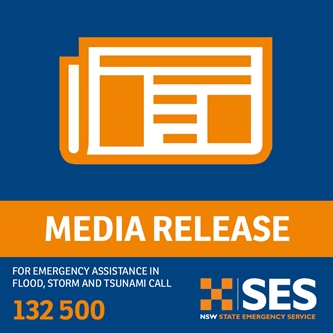Nurses, paramedics, police, child protection workers, firefighters, cleaners and many more essential workers are set to benefit from landmark industrial reforms that will be introduced into Parliament today.
The reforms will remove the power to cap wages for good, future proofing the New South Wales industrial system against wage suppression.
The reforms will bring in a “mutual gains” model of negotiation, where agencies and unions will be required to sit down together to find mutually agreed improvements to the working lives of essential workers.
It will be supported by the Treasury’s productivity unit to link pay rises to improvements in public services.
The Industrial Relations Commission will instead be required to take into consideration the Government’s fiscal position and outlook.
The Industrial Relations Commission will also facilitate improvements to conditions while taking into account the fiscal position and outlook of the state.
As part of the reforms, an Industrial Court will have the power to bring unions and government agencies together at the negotiating table to resolve disputes.
Specialised judges will be appointed to hear and resolve workplace health and safety matters and underpayments. As of 18 October, 49 people have already died in workplaces in NSW, more than one death a week.
The reforms will lead to safer and more productive workplaces for every person in New South Wales.
Summary of Industrial Relations Amendment Bill 2023
- Abolish section 146C which provides the government the power to regulate a wages cap.
- Require the Industrial Relations Commission to consider “the fiscal position and outlook of the New South Wales Government”.
- Establish a specialised Industrial Court and Commission, whose jurisdiction will include:
- Issuing orders to resolve a dispute and issuing fines to ensure parties comply with those orders
- Workplace health and safety
- Underpayments
- Establish a cooperative model of negotiation – “Mutual Gains Bargaining”.
- Introduce a new objective for the Commission to consider attraction and retention issues.
What is Mutual Gains Bargaining?
Mutual Gains Bargaining is a new cooperative negotiation model for the government and the unions which represents the state’s workforce. It will be supported by the Treasury’s productivity unit to link pay rises to innovation and productivity in the delivery of essential public services.
Mutual Gains Bargaining is defined under the Act:
- Mutual gains bargaining is to be a collaborative approach to bargaining
- Parties to the bargaining are to identify and communicate their key needs to reach an agreement that maximises common interests and reconciles conflicted interests
- The negotiations as consensus-seeking and the parties work together to solve problems
- The bargaining aims to create, maintain or strengthen good relationships between parties
Quotes attributed to the Minister for Industrial Relations, Sophie Cotsis:
“Paramedics, nurses, teachers, police, firefighters, cleaners and many more workers are furious after having their pay capped for 12 years under the Liberal-Nationals. This reform stops that from happening again and delivers on Labor’s election promise to scrap the wages cap once and for all.
“Better public sector workplaces means better public services. If these reforms pass, schools, hospitals and many more public sector workplaces are set to improve.
“These reforms won’t just benefit the state’s essential workers, they will improve workplace safety for millions in NSW by providing specialised health and safety judges.







